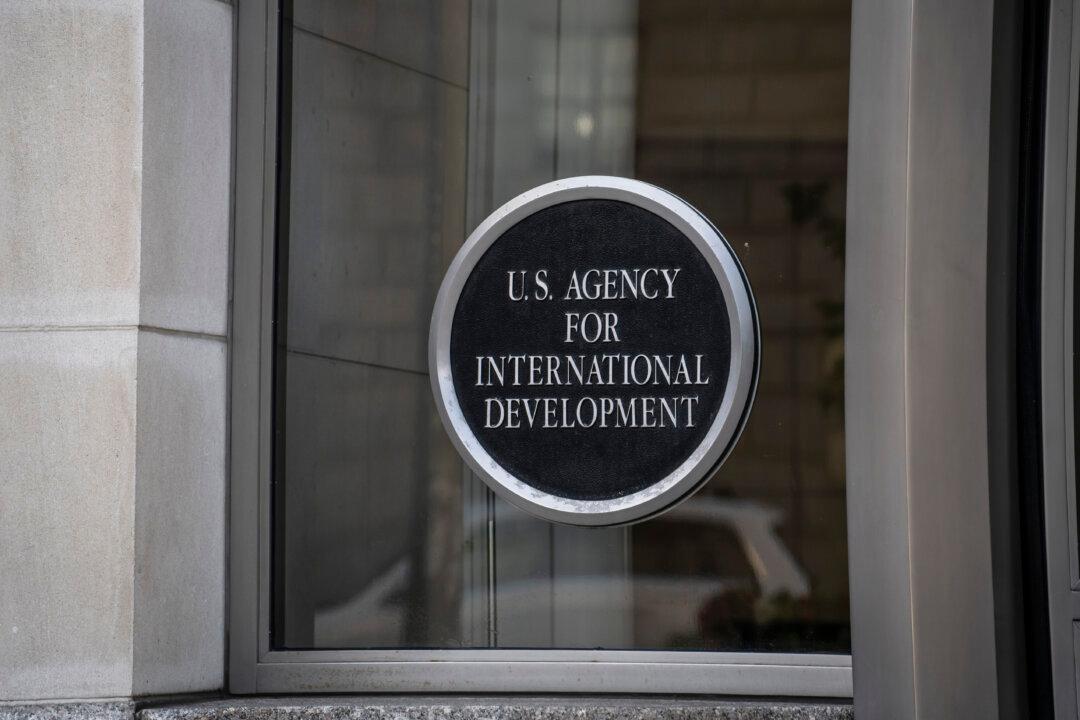President Donald Trump is eyeing a major shake-up at the U.S. Agency for International Development (USAID), the government agency responsible for distributing U.S. financial assistance to foreign nations.
Trump has long condemned U.S. intervention in global affairs, and his presidency now seems poised to significantly reform one of the federal agencies that critics have long seen as typifying globalism.





